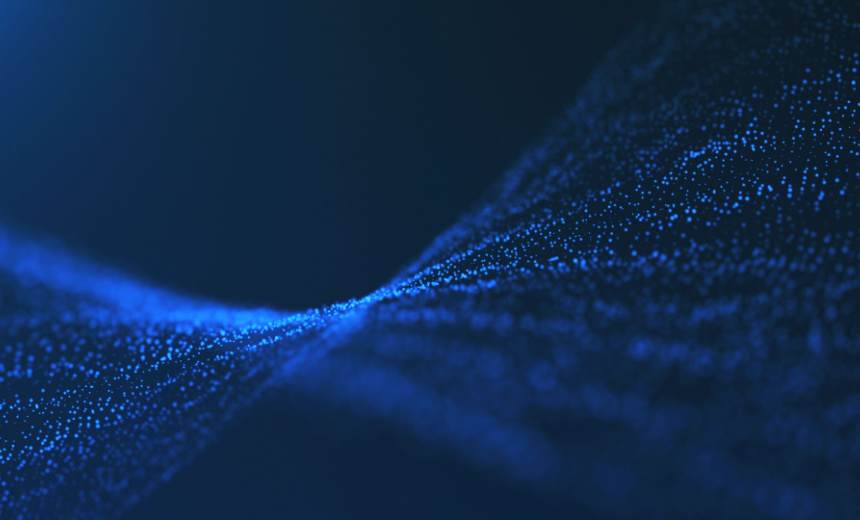Encryption & Key Management,
Security Operations
Tech Giant Raises Alarm Over Future Vulnerability of Secure Communications

Google has introduced quantum-safe digital signatures to its cloud services, aiming to equip users to better defend against emerging adversarial threats. This announcement follows closely behind Microsoft’s recent launch of an advanced quantum chip.
In a blog post, Google announced that these quantum-safe digital signatures are currently available in preview through the Google Cloud Key Management Service. The company emphasized that these innovations will support crucial functions such as quantum-safe key importation, key exchange, encryption and decryption processes, as well as digital signature creation.
As highlighted by Google, these upgraded cryptographic features are essential for addressing risks emanating from the harvest-now-decrypt-later adversary model. This tactic involves large-scale extraction of encrypted data by hostile entities, such as nation-states, who may potentially decrypt this data using quantum computing capabilities in the future.
Google further stressed the importance of transitioning to quantum-safe Digital Signature Algorithms at this juncture, asserting that doing so is critical to safeguarding against possible forgery or tampering of digital communications. Moreover, these measures are vital for supporting secure software updates in a landscape increasingly threatened by cryptographically relevant quantum computers.
The newly implemented digital signatures utilize algorithms recognized in the FIPS 204 and FIPS 205 standards, formalized by the U.S. National Institute of Standards and Technology (NIST) in August 2024. This formalization comes in light of concerns over “Q Day,” when quantum computing becomes sufficiently advanced to undermine traditional encryption before the global transition to quantum-resistant technologies is completed.
Concurrent with these developments, Microsoft has announced “Majorana 1,” a quantum chip purported to outperform supercomputers, while Google has also offered a similar solution, known as the “Willow” chip.
In this evolving threat landscape, business owners must remain vigilant and proactive in understanding how these advancements in quantum computing can potentially influence cybersecurity strategies. The integration of quantum-safe technologies may serve as a crucial safeguard against future unauthorized access and data breaches.